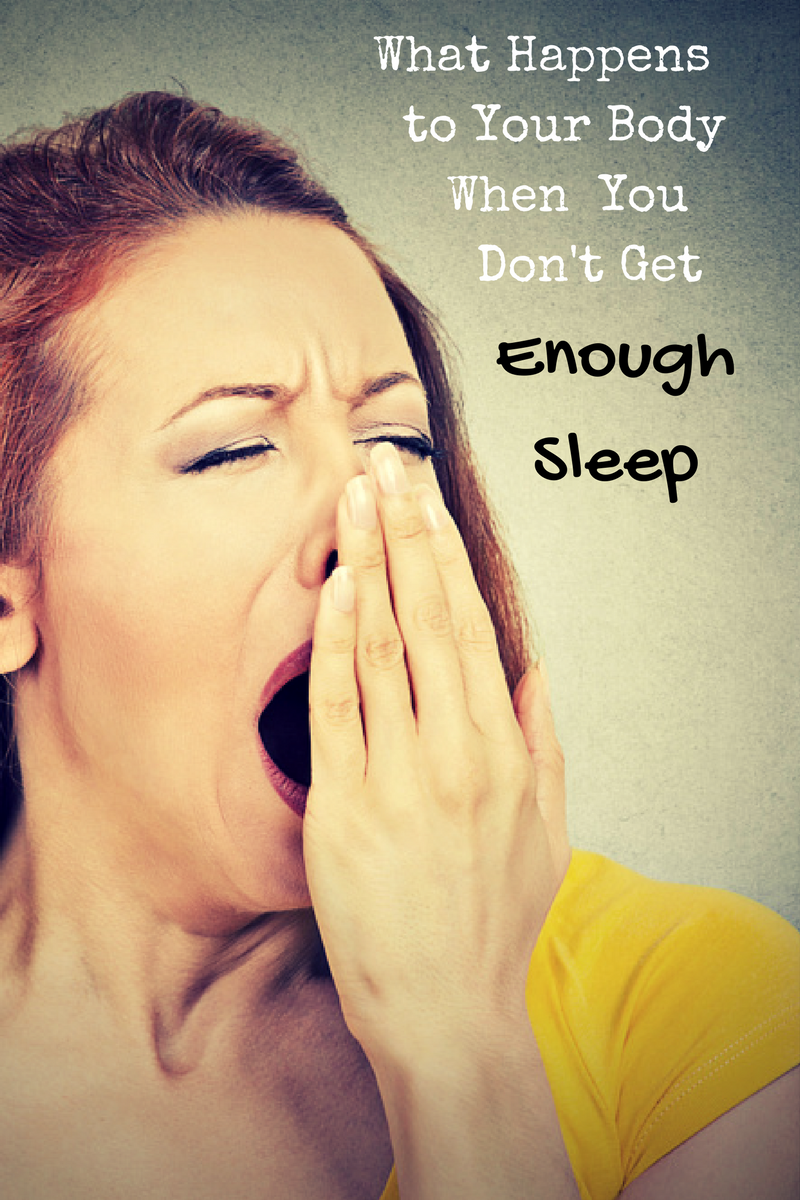

Vivien Williams: He also suggests keeping your bedroom as dark and quiet as possible. It's not for spreadsheets, it's not for watching TV. Deep sleep describes a particular stage of sleep that is important for waking up feeling refreshed and alert. The bedroom, the bed is for sex and sleep. Somers: We've got bright lights all over the place, and then we switch the lights off, we lie in bed and expect to sleep. Somers offers the following tips: Avoid alcohol and big meals before bed don't exercise right before bed and turn off all screens, including your smartphone, an hour before bed.ĭr. Vivien Williams: Poor sleep may increase your risk of conditions such as heart disease, obesity, depression, dementia. Somers: Sleep is very much a multidisciplinary specialty for good reason because sleep affects all the organs of the body. Virend Somers is a cardiologist who studies sleep.ĭr. doi:10.1249/MSS.Virend Somers, M.D., Ph.D.: When you don't sleep well, bad things happen. Researchers found that when dieters cut back on sleep over a 14-day period, the amount of weight they lost from fat dropped by 55, even though. Slow wave sleep refers to deep sleep, where the brain and. Wearable sleep technology in clinical and research settings. Translation: You’re more apt to hang on to fat. However, we do know that moderate aerobic exercise increases the amount of slow wave sleep you get. Sleep study.ĭe Zambotti M, Cellini N, Goldstone A, Colrain IM, Baker FC. Principles and Practice of Sleep Medicine, 6th edition. Effects of aging on sleep structure throughout adulthood: a population-based study. Moraes W, Piovezan R, Poyares D, Bittencourt LR, Santos-Silva R, Tufik S.

National Sleep Foundation's sleep quality recommendations: first report.

Ohayon M, Wickwire EM, Hirshkowitz M, et al. Methodologies and wearable devices to monitor biophysical parameters related to sleep dysfunctions: An overview. doi:10.1038/s43856-6ĭe Fazio R, Mattei V, Al-Naami B, De Vittorio M, Visconti P.

Auditory deep sleep stimulation in older adults at home: a randomized crossover trial. Lustenberger C, Ferster ML, Huwiler S, et al. For example, if your sleep need is eight hours and you sleep from midnight to 6 a.m., you’ve lost out on two hours of sleep. In: 15 years of the Sleep Medicine Clinics Part 2: Medication and treatment effect on sleep disorders, An Issue of Sleep Medicine Clinics. So, if you don’t sleep for long enough, your body won’t get to spend as much time as it would like to in REM. Drug-induced insomnia and excessive sleepiness. For example, adopt a regular sleep-wake schedule, make your bedroom a place for sleeping, don't use electronics in bed, avoid naps, and don't spend too much time trying to sleep. doi:10.1016/j.nbscr.2021.100072Īnn Van Gastel MD. If you want to sleep deeper, there are a few strategies you can try. Stages 3 & 4: During these stages, you move into deeper sleep that’s harder to wake from. Stage 2: During this stage, which is also fairly light, your brain waves begin to slow. Amount of < 1Hz deep sleep correlates with melatonin dose in military veterans with PTSD. During a typical night, you cycle through various stages of sleep: Stage 1: Lasting only a few minutes, the first stage of sleep is light and easy to wake from. Cognitive behavioral therapy for insomnia (CBTI): Sleep restriction. Nonrestorative sleep in healthy, young adults without insomnia: associations with executive functioning, fatigue, and pre-sleep arousal. Tinajero R, Williams PG, Cribbet MR, Rau HK, Bride DL, Suchy Y. "Sleep stages" in physiology teaching: a wakeup call! Adv Physiol Educ.


 0 kommentar(er)
0 kommentar(er)
